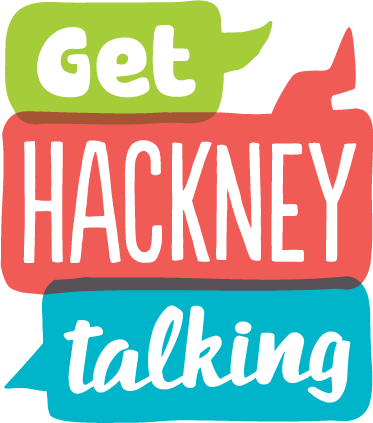Problem Solving and Verbal Reasoning
Verbal reasoning is a skill that is essential for understanding social situations and learning in the classroom. It involves understanding and answering ‘how’ and ‘why’ something has happened and is fundamental for solving social problems. In order to think through and solve problems children need to use their internal language, or ‘self-talk’, so when a child has difficulties with understanding and using spoken language they will usually have difficulties with verbal reasoning.
Many problem-solving skills are learnt through experience of normal social interaction. Children with communication difficulties can benefit from talking through problems in detail as they arise, but also through specific activities such as the ones presented in this section.
Activity: 101 uses
Aim: To think creatively about how to use an object.
Resources needed: A new interesting object each time you play the game. Good ones to use are a roll of sellotape, a spanner, a scarf, a paper clip, a jar, mirror, a toilet roll, or a ruler.
Method: Get your child to look at the object and then take it in turns to think of as many uses for this thing as possible. For example, a roll of sellotape could be used to repair broken glasses, to stick a picture to the wall, or it could be worn on the wrist as a bangle. Accept and give silly ideas as long as you can explain how to use it. Ensure that everyone who is playing has a chance to suggest at least one idea. Count all the ideas you have and challenge yourselves to come up with more ideas next time.


